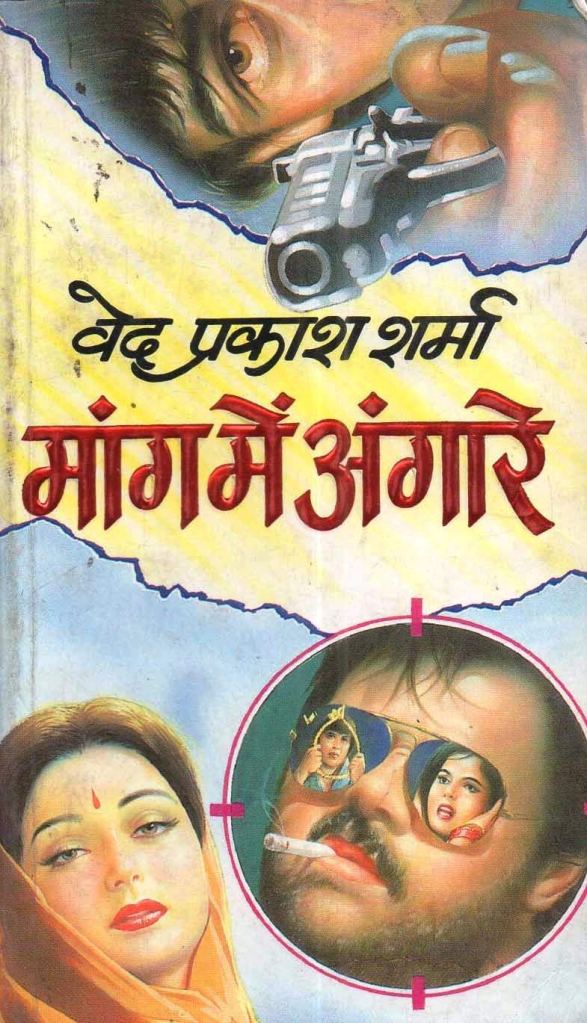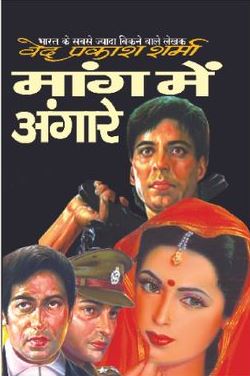The constitution of India guarantees every citizen immunity from any kind of discrimination based on race, religion, caste, sex or place of birth. This guarantee is from the side of the state but the founding fathers of this nation-state had taught its citizens also to practice the same in their life. This is an ideal universally accepted for mankind that all human-beings are equal and any discrimination on any ground terming any community as superior to or inferior than any other one is something that should be discarded in its entirety.
However ideal is one thing, reality is another. The death of George Floyd in the USA and the Black Lives Matter movement present a burning example that a lot is still to be done to turn this ideal into reality. When this is the situation of a modern and well-educated nation like the USA, what to say about the less developed nations. It took more than a century to end apartheid in South Africa. As far as India is concerned, the less said the better. Ironically, we were wiser and more humane in this regard when the education level of the Indian majority was quite low and a sizable chunk of the citizenry was virtually illiterate. The more we are getting educated (or boasting to be educated), the more bigotry and inhumanity appear to be engulfing us, i.e., the Indians having an educated mind but keeping it under lock with the key leaving in the safe custody of the power-hungry Indian politicians.
This problem of race and religion based prejudices and bias is not a new one. It’s been perpetuated for long. And such misguided thought processes of the commonfolk in any community always provide opportunity to certain vested interests to grind their own axe. They widen the divide between communities and leave no stone unturned in making them perceive each other as own enemies. Evil tricks are used, blatant lies are spread and financial aid is arranged from enemies of the country (who also have to grind their own axe at the cost of that unfortunate country) to incite violence which may lead to civil war. One community is brainwashed (or all the involved communities are brainwashed) in such a way that it starts feeling the need for a separate homeland (a sovereign nation) for itself. The unfortunate partition of India in 1947 was the outcome of such processes only.
Something similar had started in Punjab also during the seventies after the Anandpur Sahib Resolution was passed in 1973. A 30 something youth named as Jarnail Singh Bhindranwale became the face of Sikh militancy in the late seventies and the early eighties with the demand of a separate nation for the Sikh community (Khalistan). Killings of the innocents became an everyday affair. Casualties included not only the commoners but also high profile cops and journalists. The ruling party at the centre first fomented Bhindranwale for its own political interests but when he went out of anybody’s hands and became completely uncontrollable, then the Govt. of India had no choice but to handover the situation to the army and then under a military operation carried out in the Golden Temple of Amritsar (known as Operation Blue Star), Bhindranwale got eliminated with hundreds of his fellow militants. Still it took more than a decade further for peace to return to Punjab.
When the militants were causing havoc in Punjab and elsewhere in India (perhaps with the clandestine help of money and weapons coming from Pakistan) during the early eighties, Hindi novelist (Late) Ved Prakash Sharma decided to pen a novel based on this theme. The Hindi novel that finally came before the readers was titled as Maang Mein Angaare (cinders in demand). This low price pulp fiction novel is an excellent piece of literature in my opinion. It’s a suspense thriller which not only works as an eye-opener for the reader but also keeps him hooked from the very first word to the very last word.
Maang Mein Angaare tells the story of a fictitious small nation named as Chaman which has recently got liberated from the colonial rule of the USA due to the freedom movement running under the stewardship of a patriot youth named as Watan who is now the president of this peace-loving nation. Chaman is mainly populated by two communities – the Whites and the Blacks with some Indians also being a part of its citizenry.
One day, all of a sudden, the Whites start dying with the blame coming on to the Blacks. Black militancy spreads through the length and breadth of Chaman and a rebellion against the government becomes known to all and sundry.
Some militants get caught and their torture starts by the authorities in order to extract significant information from them. But the twist in the tale comes when a military doctor who is Black by race, turns rebel and gets three captured militants freed by killing those who have been torturing them for quite some time. The name of this doctor who has hitherto been perceived as a very wise, sober and reasonable person by one and all, is Nazim. He is the husband of Aruna, a lady of Indian origin. When Nazim gets himself embroiled in these unusual activities, Aruna is about to give birth to their first child.
Nazim and the three Black militants (whom he has set free from the custody of the authorities) come into contact with certain sympathizers of their cause (a separate nation for the Blacks named as Blackland) and finally reach the leader of the group who assigns them a challenging task of hijacking an aeroplane. Nazim makes a plan and implements it with his other three companions. A senior officer of military intelligence of Chaman, Douglas is on their trail but before he could reach them, they succeed in hijacking an aeroplane going to Russia and compels its pilot to take it to the USA. There they find that the government of the USA is actually on their side and they have been arrested only to fool the world. Their trial also starts in an American court which is nothing but an eyewash. They come across large scale preparations going on to brainwash the Black community as well as to carry out huge destruction in Chaman. They are also assigned certain jobs (linked to these activities) according to their respective interests. What happens thereafter is the climax of the novel.
The author, with his magical writing style, is able to keep the reader spellbound throughout the duration of the novel and renders a soothing feeling to his heart in the end. It contains a very big lesson for any community in any nation as not to allow itself to be misguided by (true or fake) information and understand the importance of co-existence with the other communities living there. He has clarified the meaning of the title of the novel also in the ending pages only. The characters emerge before the reader like real flesh and blood human-beings and through their talks and exchange of ideas, he has put forth his point with firmness and clarity. The language used is simple but the novel is undoubtedly a page-turner.
This novel, as I have clarified earlier in this review, was written in the wake of the Sikh militancy in Punjab in that period aiming for a separate nation for the Sikh community. However its subject-matter is still relevant for India or any other country of the world. Hatred among different communities living in a nation whether based on race or religion or the like wise acts as cinders burning the fabric of the nationhood as well as the humanity. Let’s not allow ourselves to be brainwashed by anybody whether our compatriot or any foreigner in such a way that we become prejudiced towards our fellow communities and start looking upon them with suspicion which may turn into hatred with time. I rest my case and recommend this almost four decade old novel to all the lovers of Hindi literature.
© Copyrights reserved



Very detailed review. Racism and such evils are here to stay, I think. If it’s not race or caste, we will invent something else to show that we are superior to the others.
You are right Sir. Hearty thanks.
Some movies in different languages have been based on such novels.
Hope we see no more of such hatred. Sadly, our nation has witnessed enough over the centuries.
Right you are Anita Ji. Hearty thanks.